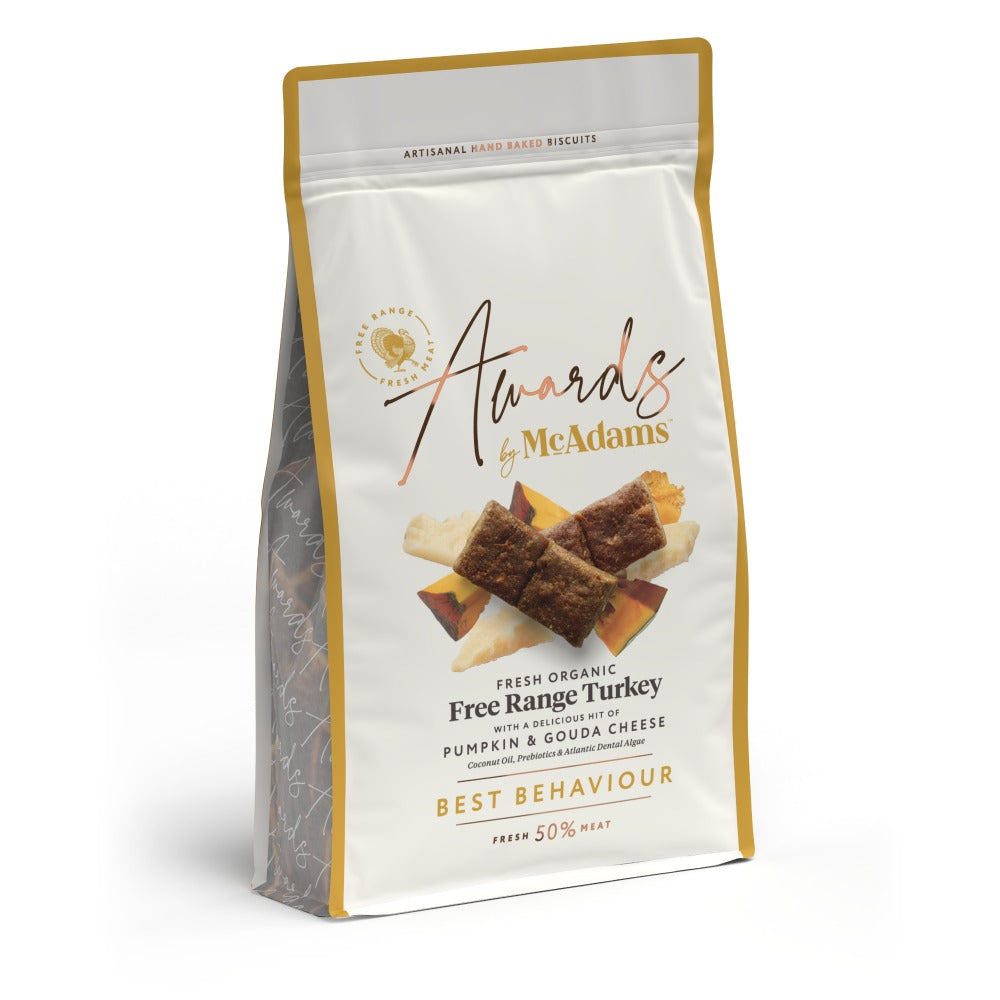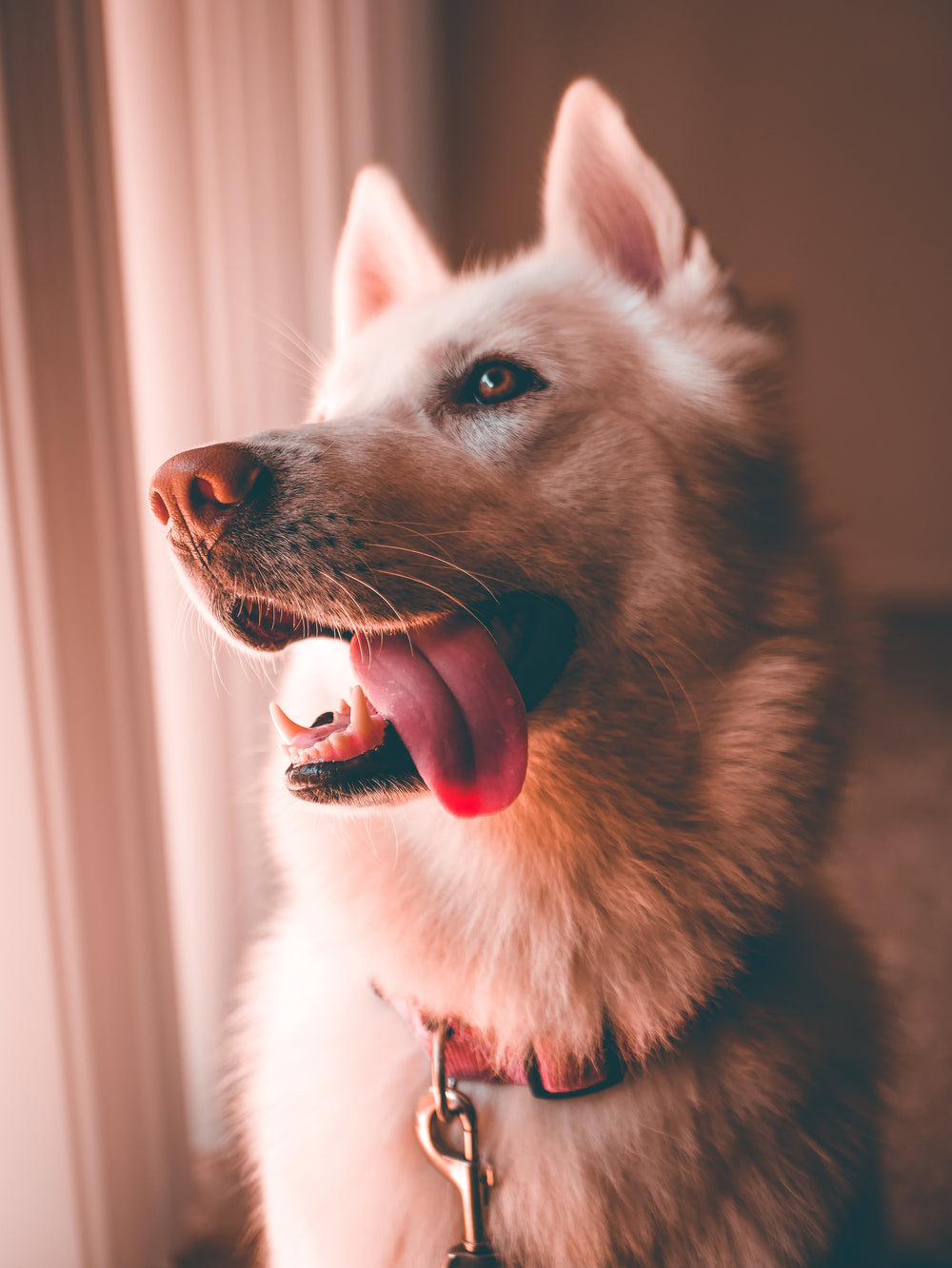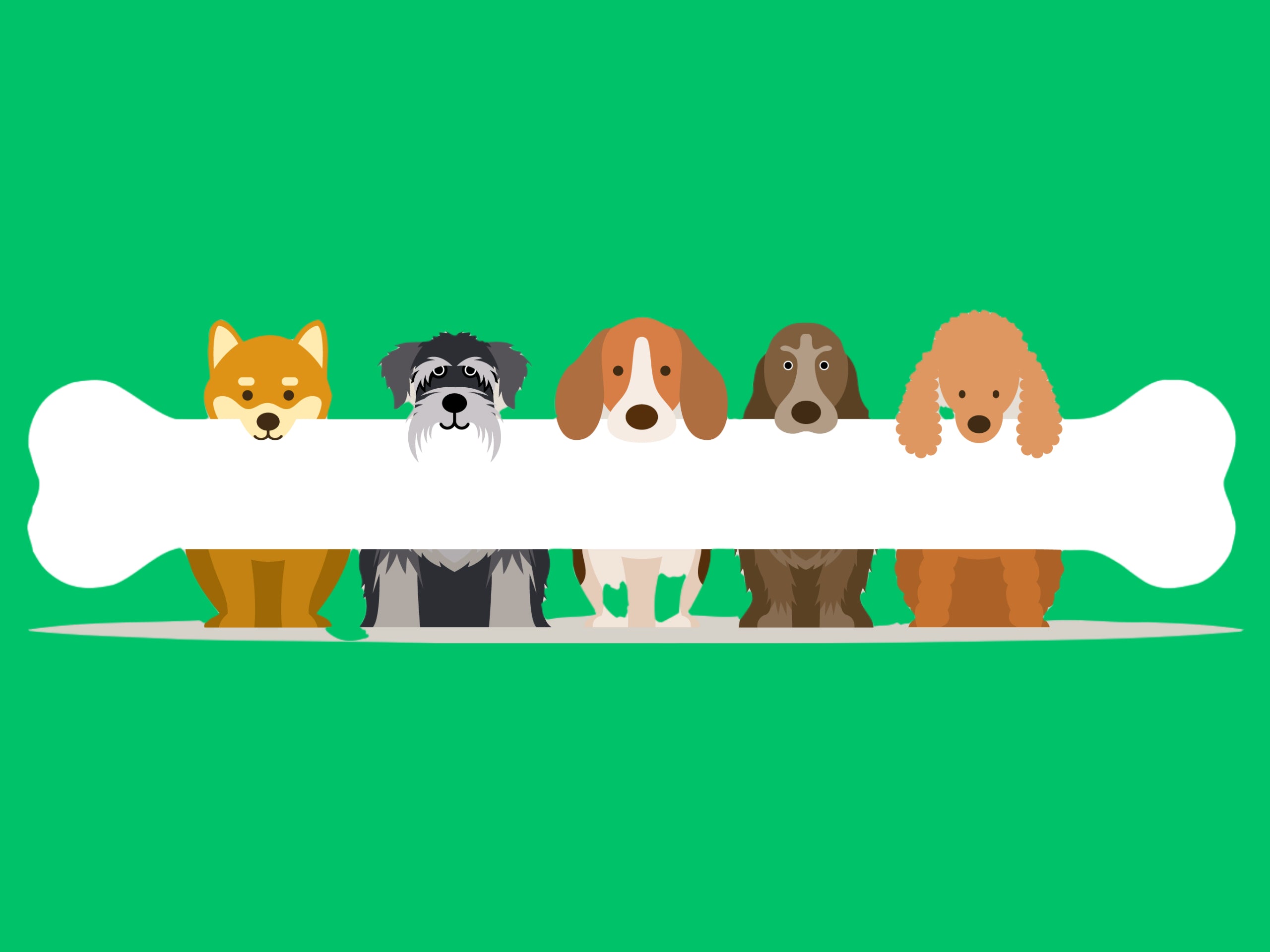Relieving Dog and Cat from Arthritis and Aching Joints
Ideally, predicaments that come with old age for both humans and animals are typical. Growing old is an aspect that even our best friends face. Getting old means being wiser and getting more mature but on the other hand, you experience increased joint pain and possibly even suffer from arthritis.
As a pet owner, you will always feel hurt and broken witnessing your man's best friend suffering from joint pains. When pets encounter joint pains or arthritis, they do not actively engage in playing activities. They enjoy sitting in one corner; you will realize they become dull day by day as age catches up.
The pains originate from the spine for dogs, not from the legs. Protective measures should begin when the cat or dog is young. Depending on if you look to prevent future joint pains difficulties or if you get disturbed on tips to maintain arthritic joint pain at a moderated rate, their way of life and nutrition counsel will assist you to get solutions to reduce your pet’s joint predicaments and stop more problems.
I have realized that my pet suffers from arthritic and joint pains; what should I do? Worry no more, we got you!
What Causes Joint Pains and Arthritis in Pets?
Various sources of joint pains in pets exist in large numbers. They can come as a cause of hereditary circumstances like hip dysplasia, primarily found in a specific common dog species, the German Shepherd. It occurs because of the frequent intensity of old accidents when your pet does not learn to keep away from often straining of the injured areas. If you think that your pet is suffering from joint issues, plan to visit your vet for them to carry out a diagnosis and do away with any root conditions.
In due course, there are several main points to take to maintain your pet's comfortability and ensure they are not suffering from any pain. The following are the top six aspects we have outlined for you; they will guide you in easing your pet's joint pains;
- Balanced healthy meals for weight control
Joint aches often happen due to problems of obese pets because abnormal weight exerts additional stress on joints and decreases their movement ability. Ensure to check your best friend's weight more often, so you can quickly realize and take care of any predicaments.
If you emphasize feeding your pets a healthy diet, you will reduce their agony of joint pains. A balanced diet is the main idea of seeing your dog live long and have healthy joints. Including joint-supporting minerals like chondroitin and glucosamine could be profitable. But before adding any supplements, it is always recommended for you to speak to your vet nary because some are costly, and their results fluctuate.
- Feed your pets with enough water
Some pet owners forget that water is a part of the diet plan. Ensure your pet does not get dehydrated because it can infuriate arthritis in many aspects. Mostly with dry sugar foods and specifically in patients with kidney problems, diabetes, and uric acid crystals tend to be violent, leading to sharp joint pains.
- Engage your pet in minimal activities
Demanding exercise can lead to harm to your best friend’s joints, especially if the dog or cat is not fit enough or they are not used. But, basic, light activities is vital for continued joint movement because it improves and assists in making things move. Light exercise will also toughen the muscles and tangles around affected joints.
One strategy we would advise you to try, which we believe works well certainly in dogs with arthritis, is to take them for a walk once. Do it until you realize that your dog is moving slowly, but do not do it to a point where your dog lacks the stamina to proceed when suffering from much pain. Always ensure you note the range when these points occur.
Afterward, divide the total distance into several shorter walks in one day. It will avoid irritating arthritis but provide adequate exercise to keep stumble.
- Sleeping
A comfortable, soft, and supportive bed is all your pet wants. The kind of bed that provides comfortability will help ascertain that they get enough time to rest. Sleeping habits and the space where your pet sleeps translate to the condition of their joints.
Sleeping is essential for healing and rejuvenation.
- Warm Surrounding
Check that your dog is in a warm environment by positioning the bed closer to a source of warmth and avoiding placing it around drafts as cold, damp conditions can lead to blowups. When the climate you live in is cooler, make it a habit to put a sweater on your pet and purchase a proper waterproof dog cover to use while outdoors. The dog coat will be of much help in the winter seasons.
If your dogs have fun swimming, do not ignore utilizing a towel to dry their coat after the activity. Consider using a woolen towel; wool has the best material. Use it to help reduce arthritis because it is exceptionally warm. Wool also is a fabric that reduces damp air around your friend. Do not use wool if your pet is allergic to the material, or they may find it irritating.
Nutritional Supplements
While inactivity can lead to health problems, so can excessive or improper activity. You should try to limit exercise that overworks your pets, particularly if they are young and developing. This includes long runs and frequent jumping on hard surfaces. Sometimes with an energetic puppy though this is easier said than done!
Turmeric
Prized for its high concentrations of curcumin, which has been shown effective as anti-inflammatory in preliminary clinical trials for the treatment of arthritis. Turmeric for dogs and cats supports joint health. Turmeric is a key component of golden paste, which also contains black pepper and coconut. These latter ingredients help overcome turmeric’s low bioavailability, which is the measure of how well the body absorbs nutrients. Bioenhancers such as piperine (found in black pepper) and fats (like healthy fats found in coconut) can increase absorption.
Coconut
Coconut improves the absorption and bioavailability of curcumin
SHOP Joint Supplements for Dogs and Cats






